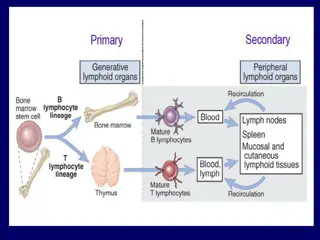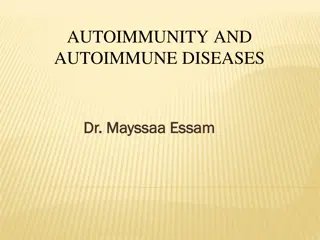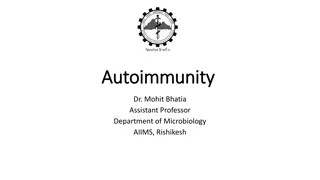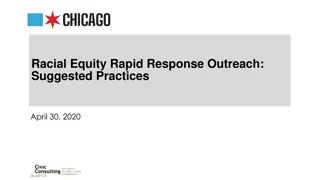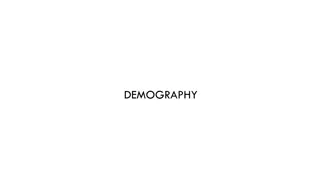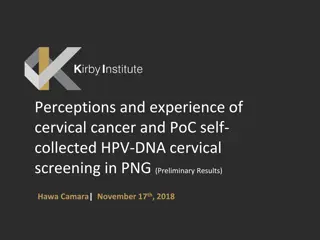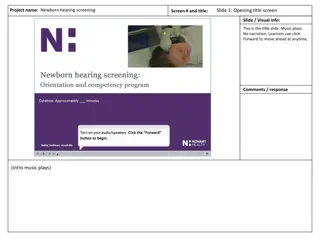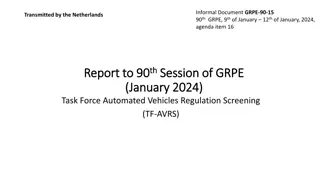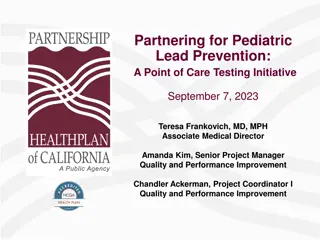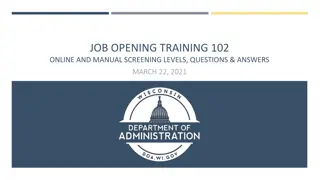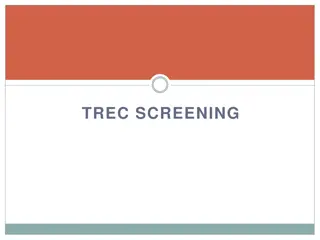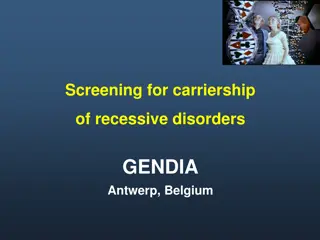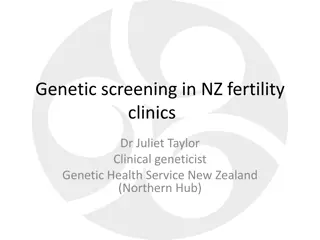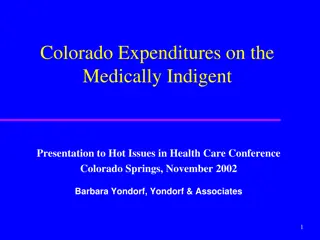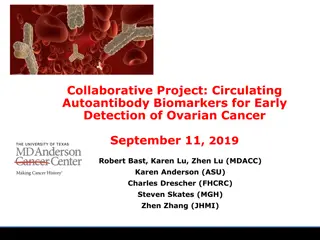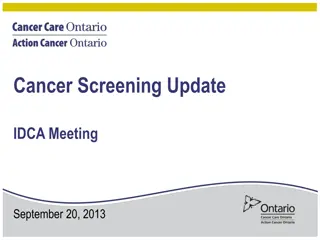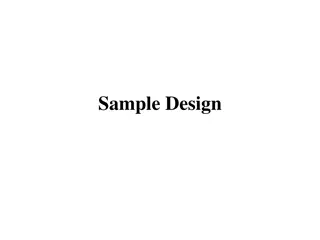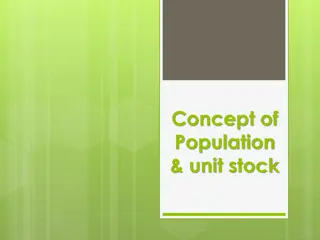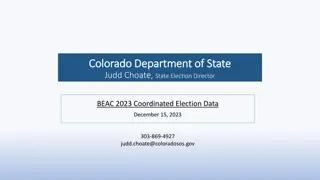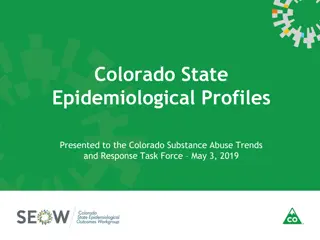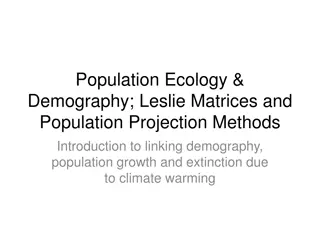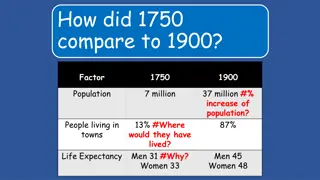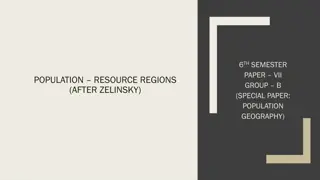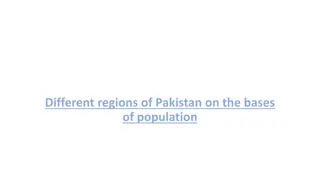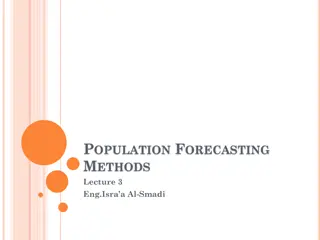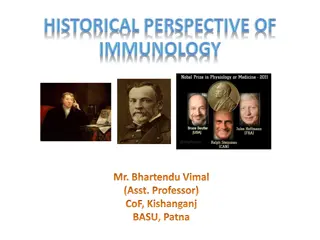Autoimmunity Screening for Kids (ASK) Study Findings in Colorado Population
Autoimmunity Screening for Kids (ASK) conducted a study in Colorado on over 30,000 children aged 1-17, revealing a 1.0% prevalence of pre-symptomatic Type 1 Diabetes (T1D) and a 2.1% prevalence of celiac disease/autoimmunity. The screening showed a significant reduction in Diabetic Ketoacidosis (DKA) cases at diabetes diagnosis compared to unscreened children. The study demonstrated the cost-effectiveness of screening and increased awareness of T1D and celiac disease in the community.
Download Presentation

Please find below an Image/Link to download the presentation.
The content on the website is provided AS IS for your information and personal use only. It may not be sold, licensed, or shared on other websites without obtaining consent from the author. Download presentation by click this link. If you encounter any issues during the download, it is possible that the publisher has removed the file from their server.
E N D
Presentation Transcript
Autoimmunity Screening for Kids (ASK) Marian Rewers, MD, PhD Sponsors: Patten-Davis Foundation
Autoimmunity Screening for Kids (ASK), 2017-2022 Screened >30,000 Colorado general population children 1-17 y old Prevalence of pre-symptomatic T1D - 1.0% (95%CI 0.9- 1.1%) Prevalence of celiac disease/autoimmunity - 2.1% (1.9- 2.3%)1 Diabetic Ketoacidosis (DKA) at diagnosis of diabetes in screened children <5% vs. 58% in children not screened Evidence of cost-effectiveness of the screening2 Increased community awareness of T1D and CD 1 1. Stahl MG, Geno Rasmussen C, Dong F, et al. Mass Screening for Celiac Disease: The Autoimmunity Screening for Kids Study. Am J Gastroenterol. 2021;116(1):180-187. 2. McQueen RB, Geno Rasmussen C, Waugh K, et al. Cost and Cost-effectiveness of Large-scale Screening for Type 1 Diabetes in Colorado. Diabetes Care. 2020;43(7):1496-1503. 2
Study Population 31,390 children screened, as of 11/11/2022 Age 1.0-18.0 years; 72% were 10 years of age ASK represents the multiracial population of Denver metropolitan area <5% had first degree relative with T1D Children screened at private pediatric or community health clinics Data collected between July 2020 and Dec 2021 3
Age distribution Race/ethnicity non-Hispanic white 1-5 y 38% Hispanic (any race) 3% 27% 29% 6-9 y 1% African American 2% 10-13 y Asian American 21% 8% 49% Native American 14-17 y 23% Other or Unknown 1st degree relative T1D 4.0% 0.5% 3.7% T1D & CD CD 92% None N=30,443 as of 7/6/2022
ASK Protocol Monitoring: CONFIRMATION HbA1c, CGM, OGTT Islet autoantibodies: Screening - multiple Prevent: - DKA - Diabetes - single high-affinity at multiple sites Education: symptoms Celiac: SMBG tTG Abs access to diabetes team Low levels & no symptoms PCP CELIAC High levels or symptoms CHCO Not confirmed and HbA1c <5.7% Negative 5
Autoantibody Assays in ASK Islet autoantibodies Celiac serum IA-2A GADA mIAA Radiobinding assays (RBA) ZnT8A tTGA 50 L Detect both high-affinity (predictive) and low-affinity (non-predictive) autoantibodies IgG only IgA only tTGA IA-2A IAA ZnT8A GADA Electrochemiluminescence (ECL) assays Detect only high-affinity autoantibodies Detects all isotypes IgG, IgA, IgM, IgD, IgE Multiplexed 12 L IA-2A, GADA, IAA, ZnT8A, tTGA IA-2A, GADA, IAA, ZnT8A, tTGA, SARS-CoV-2A Multiplexed with SARS-CoV-2 antibodies 6
ASK Results: Islet Autoimmunity and Diabetes 3 T1D before confirmation 147 (0.50%) multiple IAb+ 35 T1D (2 DKA) 10-y risk of clinical DM = 70% 129 multiple IAb+ 29,442* screened 132 (0.45%) single high-affinity IAb+ RBA+ and ECL+ 4 T1D (no DKA) 807 single IAb+ 10-y risk of DM = 50% Overall *excluding: 994 parents 1301 re-screens 936 (3.2%) positive 657 not confirmed or positive only by RBA or only by ECL 2 T1D (no DKA) Clinical T1D 5% DKA Initial screening Confirmation Data as of 3/15/2022
ASK Results: Celiac Autoimmunity and Disease 764 Positive (2.6%) 633 RBA+ (2.2%) 126 ECL+ (0.4%) 29,441 Screened 81% Confirmed Positive Celiac disease N= 197 Initial screening Clinical diagnosis Confirmation (persistently positive) Data as of 3/15/2022
ASK Follow-up and Monitoring Diagnosis Call local pediatric endocrinologist High risk of T1D in next 6 months (stage 2 T1D) - Early type 1 diabetes education - Home fasting and 2-hr glucose post largest meal x 1 week, CGM - Call if BG>200 mg/dl or symptoms - Follow q3 mo to exclude dx, repeat Ab, A1c, OGTT Islet Autoantibody + Exclude Diagnosis sx review, HbA1c, glucose, ketones Elevated risk of T1D in 6 months (stage 1, multiple antibody +) - Home 2-hr glucose post largest meal x 1 week, CGM optional - Call if BG>200 mg/dl or symptoms - Follow q3 mo to exclude dx, repeat Ab, A1c (OGTT q6 m0) Determine risk for T1D Lower risk of T1D in 6 months (single high-affinity antibody +) - Home BG testing when ill, call if BG>200 mg/dl or symptoms - If single Ab + for 2 years, then follow-up yearly - Follow-up q6 m to exclude dx, repeat Ab, A1c
CGM results in ASK 91 children persistently islet Ab+ (median age 11.5 y, 48% non-Hispanic white, 57% female) with a baseline CGM Of these, 16 (18%) progressed to clinical diabetes Baseline HbA1c was higher in progressors versus non-progressors 5.6 vs 5.2% Receiver operating characteristic (ROC) curves were generated to compare the area under the curve (AUC) of different CGM metrics for T1D prediction Performance of T1D prediction by ROC analyses showed AUC of > 0.89 for both individual (TA140, SD and MAGE) and combined CGM metric models 10 Steck et al, Diabetes Care 2022
Performance of CGM metrics for prediction of diabetes Model Source Cut-offs Sensitivity Specificity PPV NPV HbA1c 5.5 % 43.8% 89.3% 46.7% 88.2% % time > 120 mg/dL (6.7 mmol/l) 37.3% 68.8% 94.7% 73.3% 93.4% % time > 140 mg/dL (7.8 mmol/l) 10% 87.5% 90.7% 66.7% 97.1% % time > 140 mg/dL (7.8 mmol/l) 15% 68.8% 98.7% 91.7% 93.7% % time > 160 mg/dL (8.9 mmol/l) 3.5% 81.3% 90.7% 65.0% 95.8% % time > 180 mg/dL (10 mmol/l) 1.9% 68.8% 96.0% 78.6% 93.5% SD 20 81.3% 81.3% 48.2% 95.3% CV 16 81.3% 65.3% 33.3% 94.2% MAGE 37 68.8% 90.7% 61.1% 93.2% 11 Steck et al, Diabetes Care 2022
Cost-effectiveness analysis Current rate of DKA at diagnosis in Colorado 46% (2012) 59% (2017) 62% (2020) <5% in ASK ! The screening is cost-effective, if it: - decreases the rate of DKA by 1/5, e.g., from 50% to 40%; and - Subsequently decrease the HbA1c by 1% ASK screening cost: - per person = $47 (including lab cost $15) - per case detected = $4,700 (vs. ~$20,000 cost of DKA) McQueen RB et al. Diabetes Care 2020;43:1496-1503 T1D only, celiac disease excluded 127 12
Practical Take-home Pearls: Type 1 diabetes begins long before clinical symptoms 1% or 700,000 youth in the U.S. have presymptomatic T1D Screening for autoantibodies and monitoring can prevent >80% of DKA at diagnosis A1c, CGM, or home post-prandial BG monitoring are effective in detecting dysglycemia Routine screening for early stages of T1D is likely cost-effective,
Thank You! ASK participants and their parents: Our sponsors: Patten-Davis Foundation Our partners: 14
ASK Study Group at the University of Colorado Barbara Davis Center for Diabetes: Marian Rewers, MD, PhD, Principal Investigator Kimberly Bautista, MPH, Judith Baxter, MA, Daniel Felipe-Morales, BS, Fran Dong, MS, Brigitte Frohnert, MD, PhD, Cristy Geno Rasmussen, PhD, MPH, Patricia Gesualdo, RN, MSPH, Michelle Hoffman, RN Xiaofan Jia, Rachel Karban, MPH, Holly O Donnell, PhD, Meghan Pauley, DO, Laura Pyle, PhD, Flor Sepulveda, BS, Kimber Simmons, MD, Andrea Steck, MD, Iman Taki, MPH, Kathleen Waugh, MS, Liping Yu, MD Department of Pediatrics, Pediatric Gastroenterology, Hepatology & Nutrition: Edwin Liu, MD, Marisa Stahl, MD Skaggs School of Pharmacy and Pharmaceutical Sciences: R. Brett McQueen, PhD Colorado School of Public Health: Jill M. Norris, PhD Denver Health and Hospital, Denver: Holly Frost, MD, Sonja O'Leary, MD


